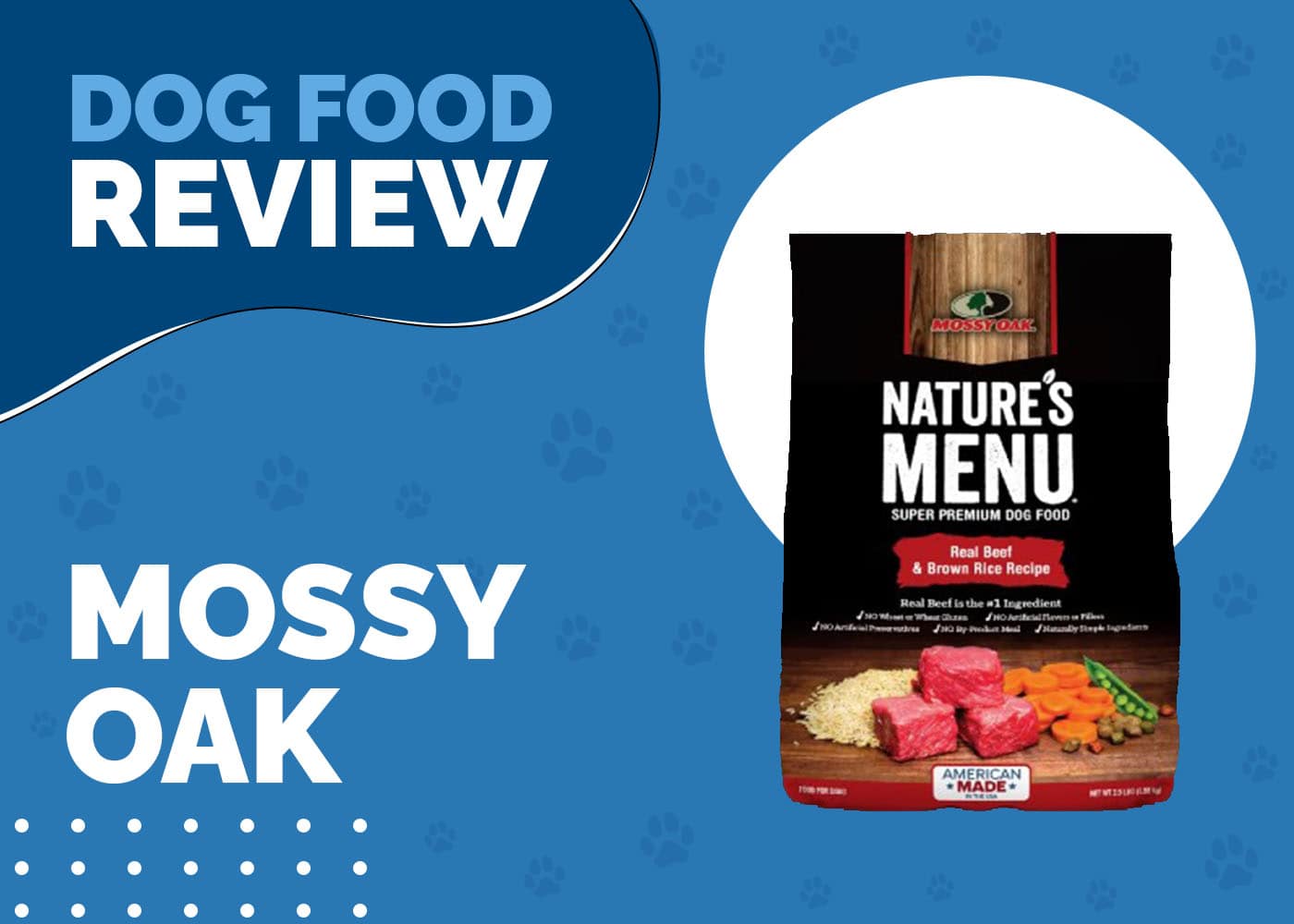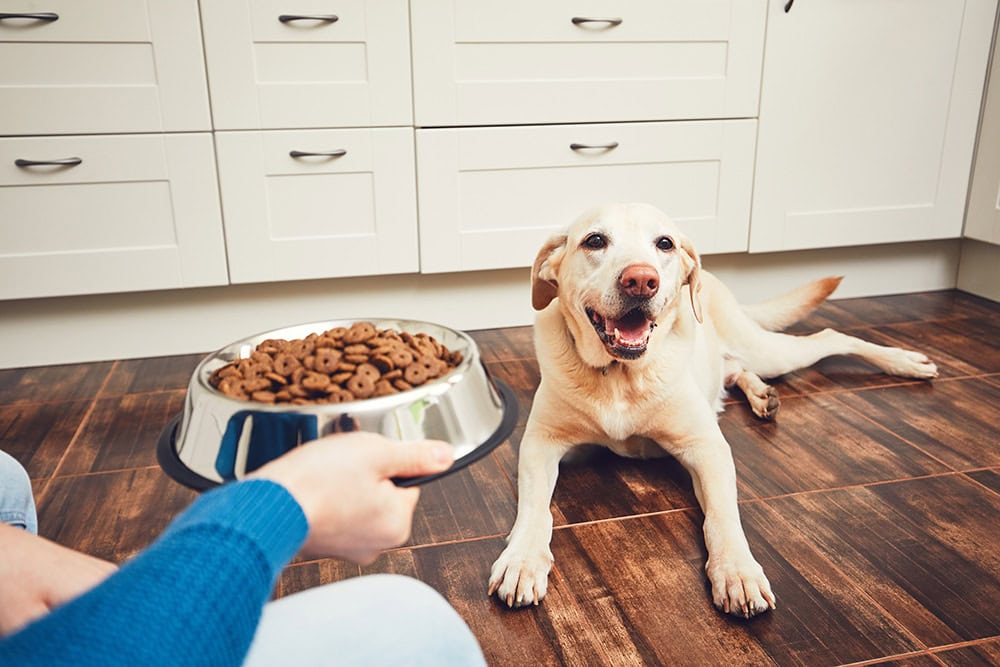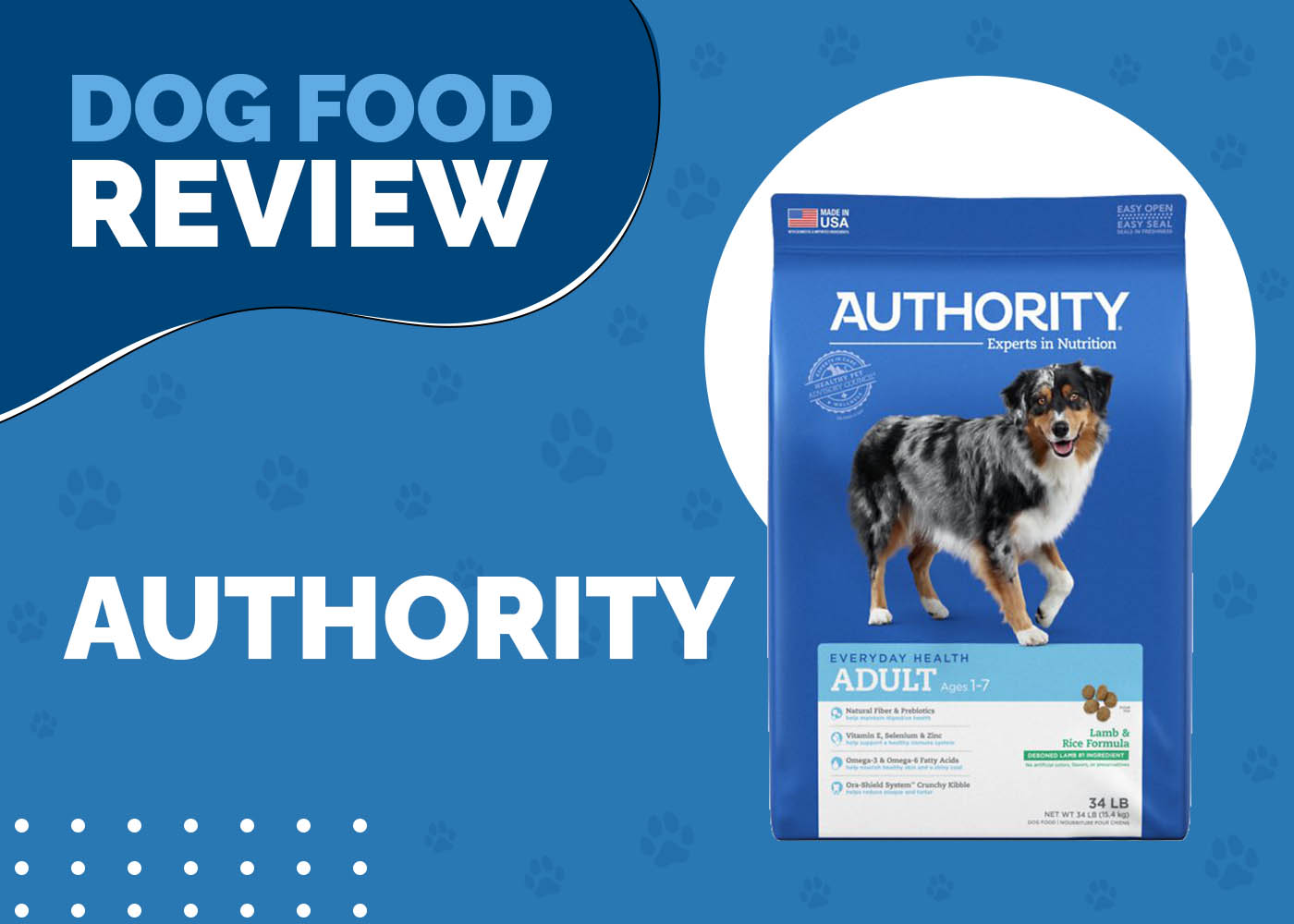Can Dogs Eat Beets? Are Beets Safe for Dogs?

Updated on

When it comes to beets, we usually fall into either one of two categories: you love them or hate them. Regardless of which way you lean, most people can agree that they are a healthy addition to your diet.
For all of those in the latter group above smuggling vegetables under the table cloth, we will put your mind at ease right away. Yes, beets are safe for dogs to eat. That being said, some foods can be safe but not necessarily nutritional for a canine’s diet.
Have you ever wondered whether they are good for your dog’s diet, though? If you love the red roots, you may have wondered about the health benefits they could give your pup. If you are not a fan, you have probably found yourself praying they are at least safe as you surreptitiously pass them to your pet under the table.
Keeping reading to find out whether beets are a canine-cuisine candidate or something better left on our plates.
Are Beets Safe for Dogs to Eat?
In just a quick scroll down, we will give you all the pros and cons of adding this veg to your pet’s diet. First, though, you must understand what a healthy dog menu should consist of and why it’s important.
First, many people make the mistake of believing that a human diet (or human-grade food) will have the most value for your pet. This is not true. Although they are omnivores, they still require different food than we do.

A Dog’s Diet
Your dog’s diet should consist of 50% meat/protein, 25% bones, and 25% vegetables for them to be healthy. They require the meat and bones for protein, but the vegetables give them the majority of vitamins and minerals. Many experts also believe that grains are beneficial, yet they are not as essential as veggies.
It is also important to note that the quality of the ingredients in your pet’s food holds more weight than the source. For example, many pet-parents balk at meat “meals.” Ingredients like chicken meal, however, can have more nutritional value for your canine than a chicken breast. The same goes for vegetables.
For the most part, the vegetable side of the dog bowl should be leafy greens, as they are the most nutritious. That does not mean there isn’t room for some other plants that can add some flavor to their cuisine.

The Benefits of Feeding Your Dog Beets
There are several benefits of adding beets to your pet’s meals. Like most foods outside of your dog’s normal fare, moderation is key. You never want to overdo it with any “human-grade” food, as their internal system is not the same as ours. You should also consult your vet before adding this or any food to your dog’s diet.
To get started, we will share the nutritional benefits first.
Nutritional Benefits
Beets have a lot of nutrients that your pooch needs to be healthy. They support their overall well-being, but also target specific areas like their immune system, digestive tract, skin, and oxygen levels. Take a look at these helpful vitamins:
- Iron: Beets have a lot of iron, which is essential for dogs, especially if they have anemia. Iron helps carry oxygen to their blood cells and physiological processes.
- Fiber: The AAFCO recommends dogs get between 1 and 10% fiber with each meal. This nutrient aids in the digestive system and gut health. It adds bulk to their waste and helps push it through the intestinal tract.
- Vitamins and Minerals: Beets, especially beet tops, have many other vitamins and minerals that can help with their immune system, regulate their pH balance, and even strengthen their fur and skin.
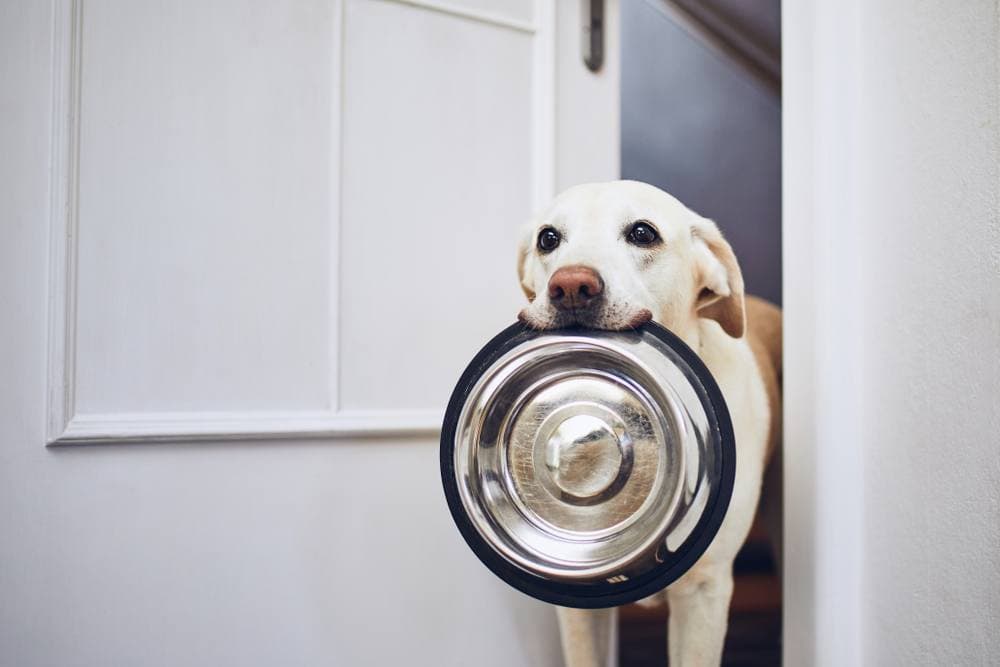
Other Benefits of Beets
Besides the nutritional values mentioned above, some other important perks may come in handy. First, beets are low in calories. This makes them a great treat option for pups that need to slim down a bit.
Besides that, they also are higher in carbohydrates, which will make your pet feel full faster. Again, beets are not meant to be given as an everyday staple, but it can be handy when attempting to keep your dog at a healthy weight.
Many pet parents find beets to be sweet enough to be used as a doggie dessert or extra special snack. It is a better alternative to some store-bought snacks that are high in sugar, salt, and other undesirable ingredients.
Finally, as we mentioned above, this root is high in iron, making it a good supplement for those pups with an iron deficiency. Canines that are anemic or are having surgery soon can also benefit from the extra iron in their diet. Of course, you should always speak with your vet before adding beets to your pet’s meals.

The Drawbacks of Beets
Just like the pros above, we have several factors to address regarding the drawbacks. Although beets are non-toxic, some health concerns make this vegetable a bit less desirable. To follow suit from above, we will start with the health concerns.

Health Concerns of Feeding Your Dog Beets
This root vegetable has some great nutritional benefits, but some drawbacks can even it out or even make it less nutritious in some cases. Take a look:
- Overall Nutrition: Even though beets contain iron, fiber, and other supplements, your pup would have to eat large quantities of it for them to have any meaningful impact because of the way they absorb the minerals. As you will see, giving your dog daily beet portions is not recommended.
- Sugar: Beets are high in carbohydrates that are essentially sugar. Even though it is natural sugar, a lot of it is still unhealthy for your pet. This is why beets are best left to an occasional treat.
- Gastrointestinal Issues: Beets are an acidic vegetable that can be hard on some dogs’ stomachs. It causes them to have gas, diarrhea, and a general upset stomach.
- Bladder Stones: Another common ailment in the canine community is bladder stones. Research has shown that evidence of oxalates in the urinary tract is linked to the formation of stones. Beets, unfortunately, are high in this mineral, which can cause the illness to appear or get worse.

Other Drawbacks
Besides those health concerns, there are a few other issues that can make beets undesirable dog food. For example, they can be a choking hazard for smaller dogs. If you have a tiny pup, you will need to cook them, and cut up the beets into small portions. You should also note that they can be tough when raw, but we will talk about that later.
If you are a fan of beets, you also know what a mess they can make. The red juice gets everywhere and easily stain things. If you have a white or light-colored pup, the fur on their face will most likely be bright pink for a while.
On the same idea, beets can cause your pup’s stool to turn red. Keep in mind, this is perfectly harmless, but it can be distressing if you were not aware of it. By the way, this can happen in humans, too.
On a more serious note, large pieces of the raw veg can cause a bowel obstruction. This can be a life-threatening situation. Raw vegetables, including beets, can take longer to break down in your dog’s digestive tract. Due to that, it can get lodged in their system and block (or partially block) their digestive organs.
It is important to recognize the signs of this issue. Be on the lookout for:
- Lethargy
- Consistent vomiting
- Stomach pain
- Abdominal swelling
- Fever
- Dehydration
- Weakness
- Loss of appetite
- Weight loss
- Diarrhea
- Whining or distressed noises
If you notice any of these signs, you must contact your vet right away for assistance.
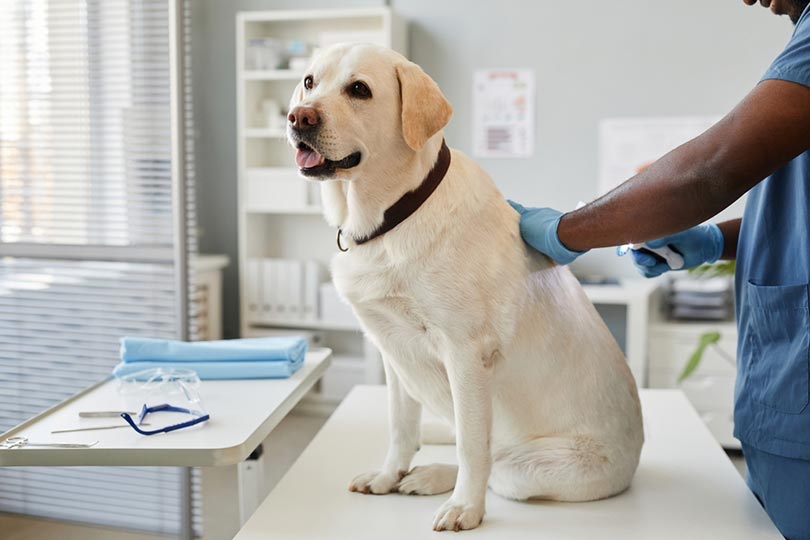
How to Prepare Beets for Your Dog
Now that we have gone over the benefits and risks of feeding your dog this veggie, it is clear that although they are not the most nutritional food, they can be a tasty treat for your pet. That being said, there are several ways beets can be prepared and consumed, some of which are great for your pet while others you should avoid.
Steamed or Boiled
This is one of the best ways to cook beets for your pet. Both methods will soften the beet and make it easier for you to cut into bite-sized pieces. What’s more, it will also make it easier to digest and breakdown.
Keep in mind, however, you are better off steaming the beets if you want to retain as much of the nutrients as possible. Boiling them will keep some (and it’s better than microwaving), but steaming is worth it if you have the capability.
You should also cook the beets without any other ingredients, including butter, salt, sugar, pepper, sauces, or other spices. All of these ingredients are harmful to your pet, and it will take away from any nutrition they are getting from the red root.

Raw
Raw is another option if you plan to give your dog this vegetable. That being said, we don’t recommend beets in the raw form for small dogs or pups with sensitive teeth. As mentioned above, fresh beets are easy to choke on. They are also harder to chew, plus they can cause digestive issues.
Raw beets are more likely to cause a digestive blockage due to the firmness of the food. If you prefer to serve it that way, or your pup likes it better fresh, make sure you cut it into small pieces that will not cause an issue. Remember, most dogs inhale their food and don’t bother to chew.
Canned
Canned beets are not recommended. Most canned produce is not healthy for your dog. They have high levels of salt, preservatives, and other additives that are harmful to your pooch. Not only that, but canned beets specifically are highly processed, and it is not always clear what is in them.
In general, salt is the most concerning issue when it comes to canned…anything. Salt is very detrimental to dogs. It causes many serious health risks, and salt poisoning can be fatal. It is better to go with fresh or frozen.

Pickled Beets
If you are a beet lover, you know pickled beets are the way to go. In fact, we would bet that they are your dog’s favorite, too. Unfortunately, this form of the red veg is a no-go for your pup. Again, this goes back to salt. Pickled beets are made in a salt brine. As mentioned, too much salt is harmful to your pet.
Beet Juice
Grinding up this root and pressing it into a juice is a great way to savor the nutrients. Once again, this is not the best option for your pooch. Instead of salt this time, the sugar is the downfall.
Beets are already high in natural sugars. When you press them into juice, the sugars become more concentrated. Too much of this sweetener in your canine’s diet can cause obesity, elevated blood sugar levels, dental issues, and other problems.
Beet Pulp
Beet pulp is the concentrated form of this vegetable. You may have seen it on higher-end dog food labels due to its nutritional content. Beet pulp is another good way to serve your pet this food. Just keep in mind, the pulp is very concentrated, so it needs to be given in small quantities. Otherwise, it can cause an upset stomach.
Final Thoughts
At the end of the day, beets are okay to give your dog as long as it is done in moderation. We find that adding a small amount of this red root to their meal once or twice a week is a great amount to give your pet some flavor and nutrients.
We have also found this vegetable makes a great treat or snack. It is better than some of the store-bought options, as it will have less salt, sugar, and processed ingredients. Overall, beets are safe for your pet to eat as long as you don’t overdo it. It is not essential for their diet, though. So, if they don’t like it, not to worry.
We hope you found the above information helpful and that it answered all your beet to canine questions.
See Also:
Featured Image Credit: Desertrose7, Pixabay

